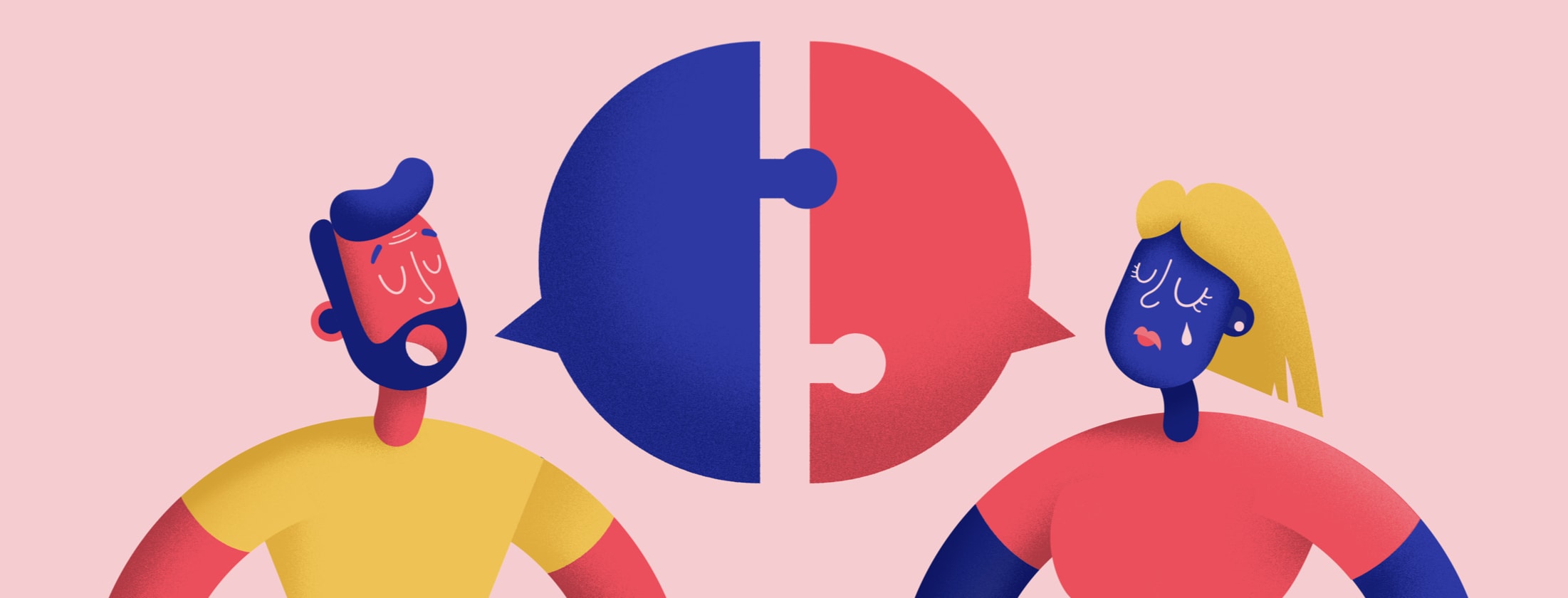Unsolicited Advice
“I just wish I could do something to help you.” That’s what I said to my husband after we had an exchange where I tried to encourage him to increase his B12 dose and he resisted (with a tinge of annoyance).
A light bulb went on.
Wanting loved ones to feel better
Every time someone says, “Have you tried….” or “Botox worked for my cousin’s boyfriend’s mom,” they feel like I did when I was trying to push a supplement on my husband that he didn’t want. I didn’t suggest he take more B12 because I questioned whether he was doing enough to solve the problem or because I wanted to fix him. I made the suggestion because he was clearly in pain and I desperately wanted him to feel better. I had an idea that I thought might relieve his distress, so I shared it with him.
In the years I've lived with migraine, I’ve learned to take a more charitable view toward other people making suggestions about my health. Instead of getting annoyed, I tell myself that they want to be helpful, they have a need to fix anything they see as problematic or are trying to ease their own discomfort with health problems. My experience with my husband gave me even better insight. Those suggestions that seem annoying to me can come from a deeply sincere and compassionate place. Quite simply, when someone you care about is in pain (physical or emotional), you desperately want them to feel better.
(OK, that epiphany doesn’t apply to the person I met at a party five minutes ago. In that case, their advice is probably more about making themselves feel better than it is coming from a deep love for me. But I’m sticking with my revelation for people who know and care about me.)
Receiving unwanted advice is inevitable
Now that we’re in the thick of the holiday season and I’ll be reconnecting with lots of people I don’t see very often, getting unwanted advice is inevitable. I’m challenging myself to take the charitable view. When someone tells me that swimming with dolphins will stop my migraine attacks*, I’ll tell them how much I appreciate their concern (because I do!). Then I'll change the subject.
Trying to be more grateful for those who care
And I’ll remind myself that they’re not questioning how hard I work or implying that I’m not doing enough to get better. They aren’t saying I don’t do enough research or that my doctor is incompetent. They aren’t minimizing the impact of migraine. Their motivation is much kinder than my defensive self says it is—they care about me and very much want me to find relief.
So when I’m trying unsuccessfully to shield myself from the blinking lights of a garish holiday display or deciding whether drinking champagne on New Year’s Eve is worth the ensuing migraine attack, I don’t have to cringe when I see a meddlesome advice-giver approach. That's because I no longer think of that person as a meddlesome advice-giver, but as someone who cares deeply for my wellbeing and just wants me to feel better. Instead of being annoyed, I can be grateful that someone care enough to try to help relieve my pain.
*I didn't make that up. That's advice I've received. Too bad it didn't come with an all-expenses-paid trip to Hawaii.

Join the conversation